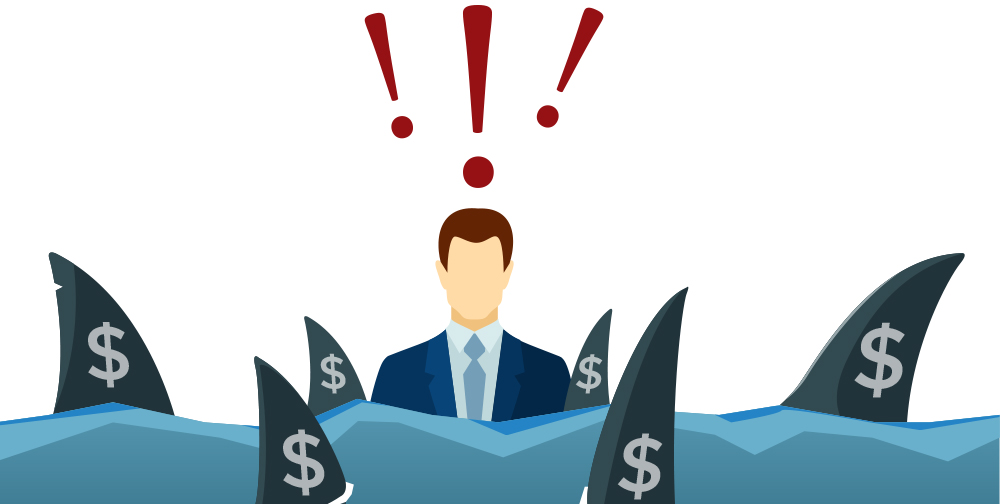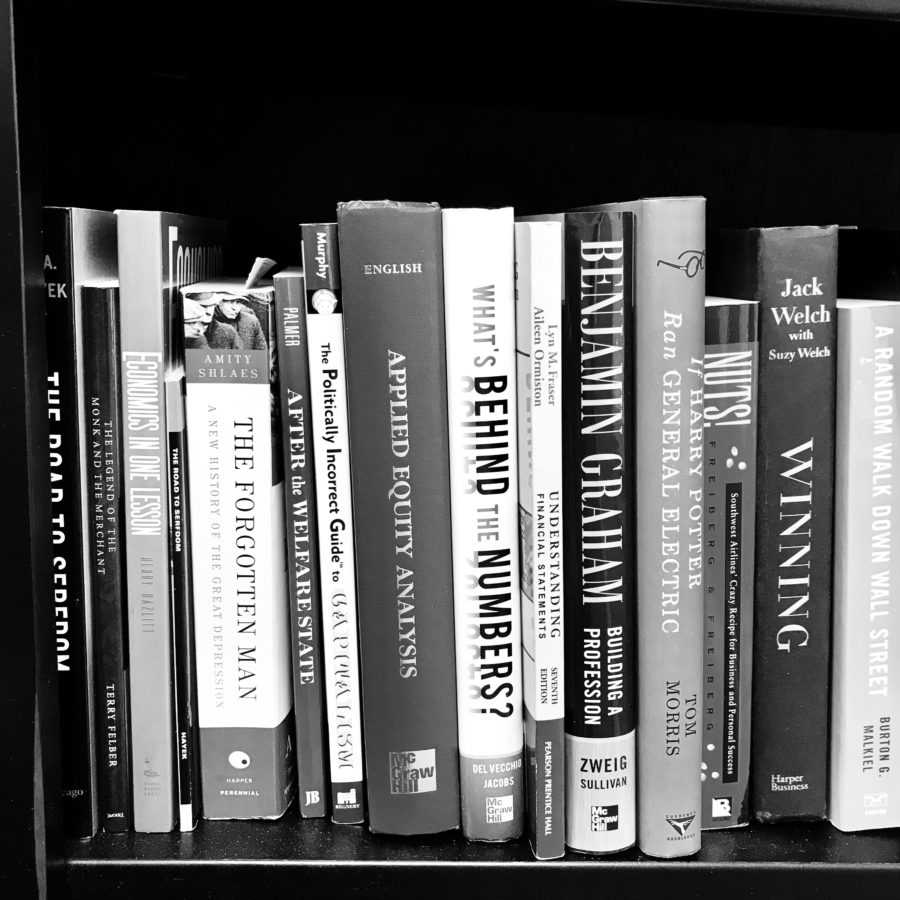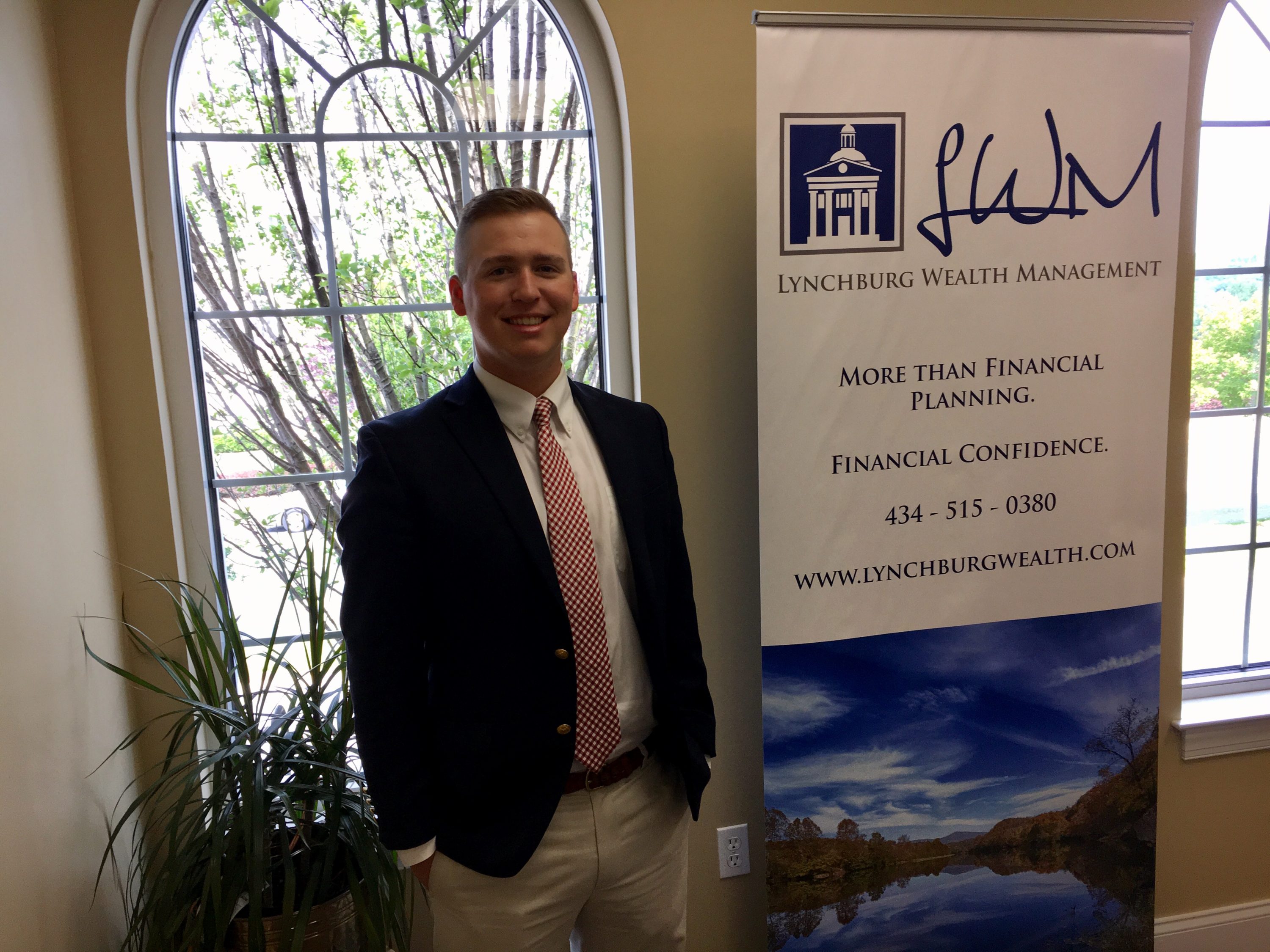This article originally appeared in the December 2017 edition of Lynchburg Business Magazine. To see the original article, click here.
When I’m asked how to accumulate wealth, most people expect a mathematically-themed answer. The math of personal finance is important, but in my opinion it is very much secondary to what’s really important—having a money state of mind.
Having a money state of mind means understanding and putting into practice certain concepts that help shape all of our financial decisions. It’s a firm grasp of these concepts, not the intricacies of financial math, that allow us to accumulate, grow, and maintain wealth. My favorite of these are below:
Opportunity Cost and Unintended Consequences
Sometimes, the true cost of our actions is not the cost of what we do, but, rather, the cost of what we don’t do instead. Consider this: you’ve recently received a year-end bonus of $20,000. With it, you decide to purchase a new vehicle costing $20,000. The way most people would look at the cost of this transaction is that it came at no extra cost, since the vehicle was paid for with “bonus” money. A better way to think about this transaction is to take into account what you didn’t do with the money. You didn’t, for example, use it to pay down your 4% mortgage. The cost of not doing that was roughly $800 this year in interest, not to mention interest on those same borrowed monies you’ll pay every year until your mortgage debt is gone. The cost was also the fact that your mortgage payments would last that many more months—in future years when you may no longer be employed. Another potential cost of this transaction is the cost of not investing the bonus. Suppose you’d invested the $20,000 in an investment account for the next 20 years. If that account averaged a 5% annual return, then the value at the end of 20 years would be over $50,000. Thinking about the opportunity cost of your vehicle purchase, you could say that it cost you $50,000 in future cash.
People easily see the immediate consequences of their actions but seldom consider the unintended consequences of those same actions. One of the keys to building wealth is considering the unintended consequences and the opportunity costs of financial decisions both large and small.
Time and Compound Interest
Time never stands still. This can be a blessing, or it can be a curse. It’s a curse if time is counting the days that we could have been saving, investing, and earning—but weren’t. It’s an even more detrimental curse if it’s counting the days that debt is piling up. It’s a blessing, on the other hand, if it’s counting every single day that we have saved, earned interest, and that interest earns interest, until the money-minded librarian retires with an account balance to rival that of her attorney brother. I absolutely love to point this out to my younger clients. The more time you have, the more magical compound interest can truly become. It’s how our $20,000 bonus example turned into $50,000 years later. I encourage you to do a simple internet search for “compound interest calculator” or visit investor.gov and find one there. See for yourself how saving even a little bit, over time, can potentially become quite a bit more.
Automation
From Henry Ford to Ray Kroc, those who have been successful have learned that automation is often a key factor of that success. Personal finance is no different. In this realm, automation serves two purposes: 1)It sets up discipline ahead of time, requiring effort only once; and 2)It helps us deceive ourselves (in a good way) into not missing money because we never see it.
Many workplace retirement plans allow for this type of automation. Automatic saving, investing, and rebalancing lead to the potential for automatic wealth accumulation. We can also self-automate. It takes just minutes to set up a monthly draft from a paycheck or checking account into a savings or investment account. Saving on the same day as our payday allows us to act as if that money never existed. It exits the day it comes and we’re never tempted to spend it. Not only does it never get spent, it can go on to bigger and better things. That is the power of automation. Out of sight, out of mind, until that special future day when it’s suddenly a huge part of our nest egg.
Risk vs. Reward
Not all returns are created equal. There is a difference between an FDIC-insured account earning 2% and the stock of an unprofitable start-up that’s appreciated 300% in three months. In my experience, people love to compare returns, but rarely do so through the lens of the risk that was taken to achieve those returns. A “one-size-fits-all” mentality is incorrectly used to determine where to invest. In reality, one size does not fit all. Some monies are better left safe, and some monies are better used to take on more risk. It’s only through evaluating the specific needs for your money that you’re able to know which is which. Being aware of the risk of our decisions, not simply the potential reward, helps our financial transactions become informed ones.
Putting it All Together
I chose to highlight the above concepts because they work so well together. First, understanding the opportunity cost of not saving and investing can help us be more cognizant of it when making all kinds of financial decisions. This can lead to the decision to automate our savings. Understanding the power of time and compound interest can lead us to automate sooner, rather than later. Understanding risk and return can help us choose an appropriate level of risk for monies designated for different purposes. All of these concepts combined contribute to a truly powerful wealth-building life.





